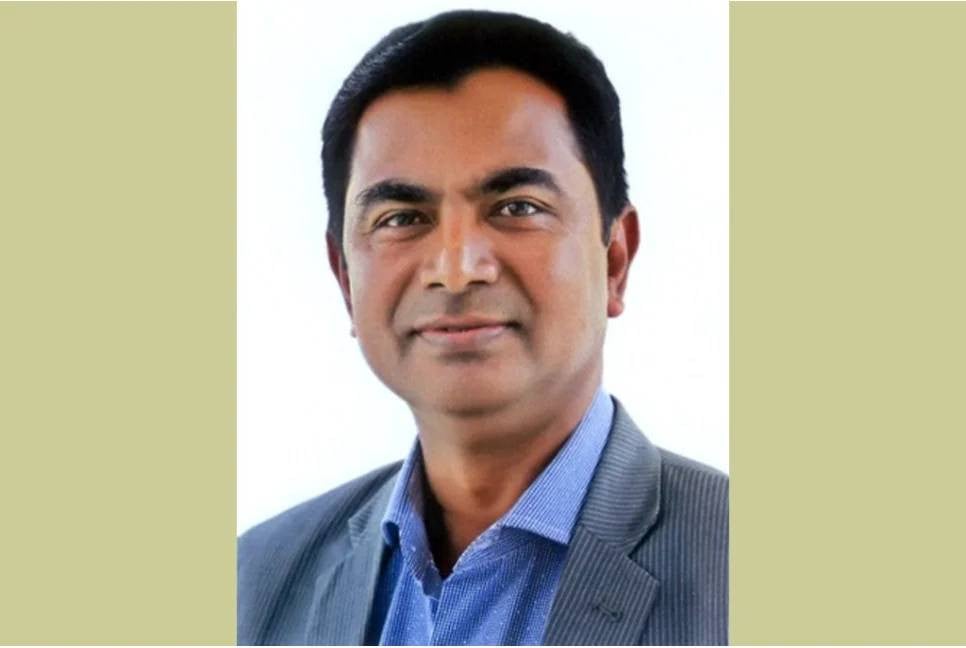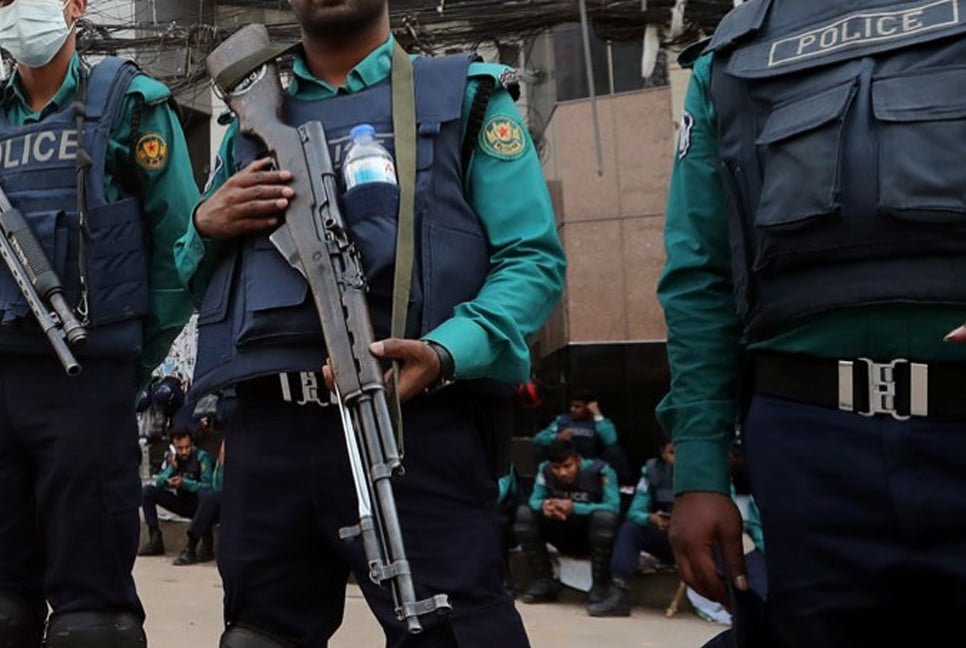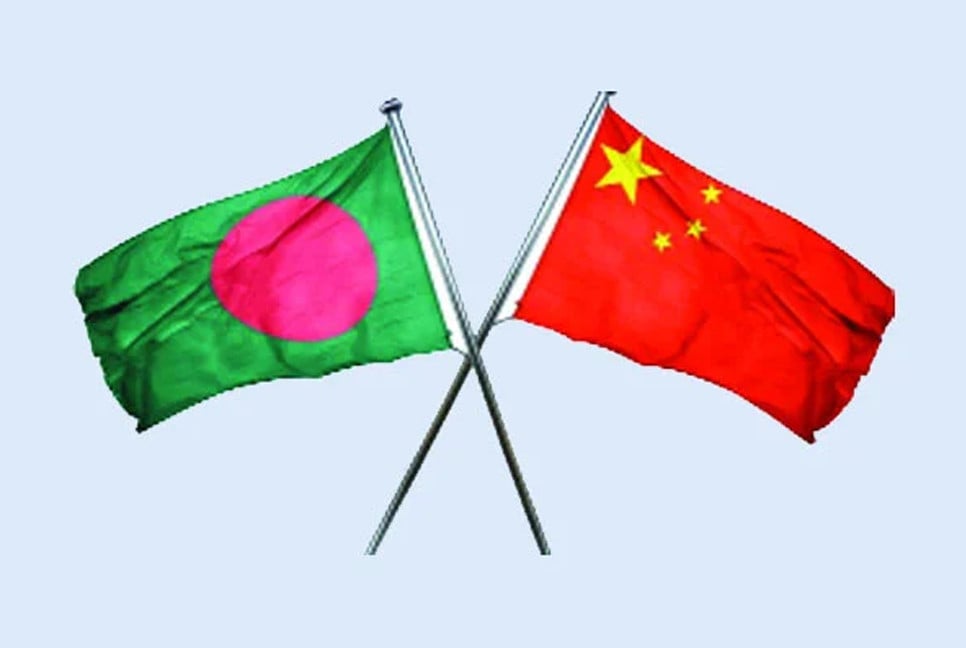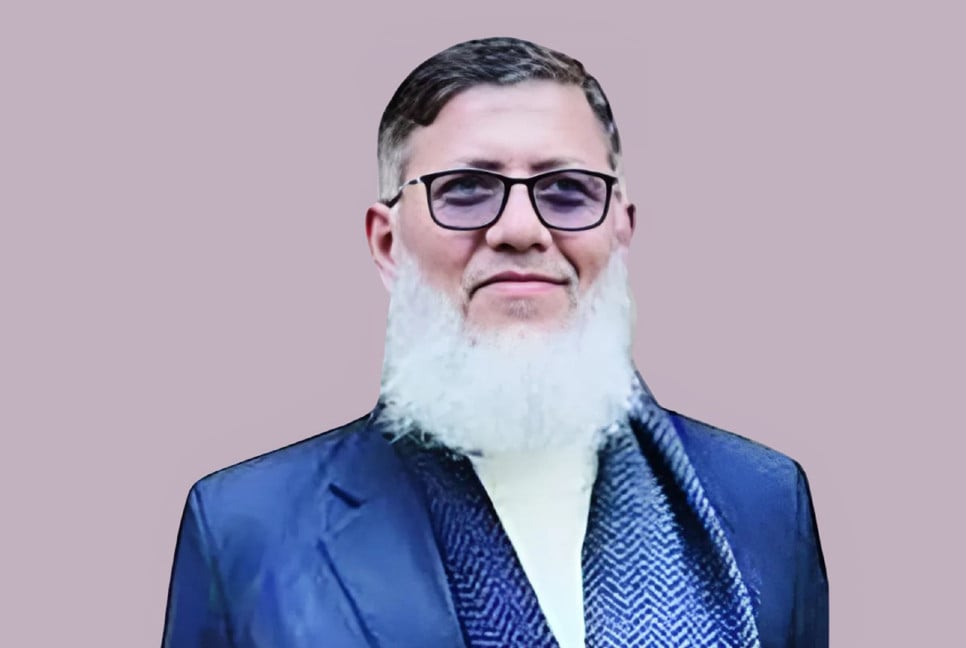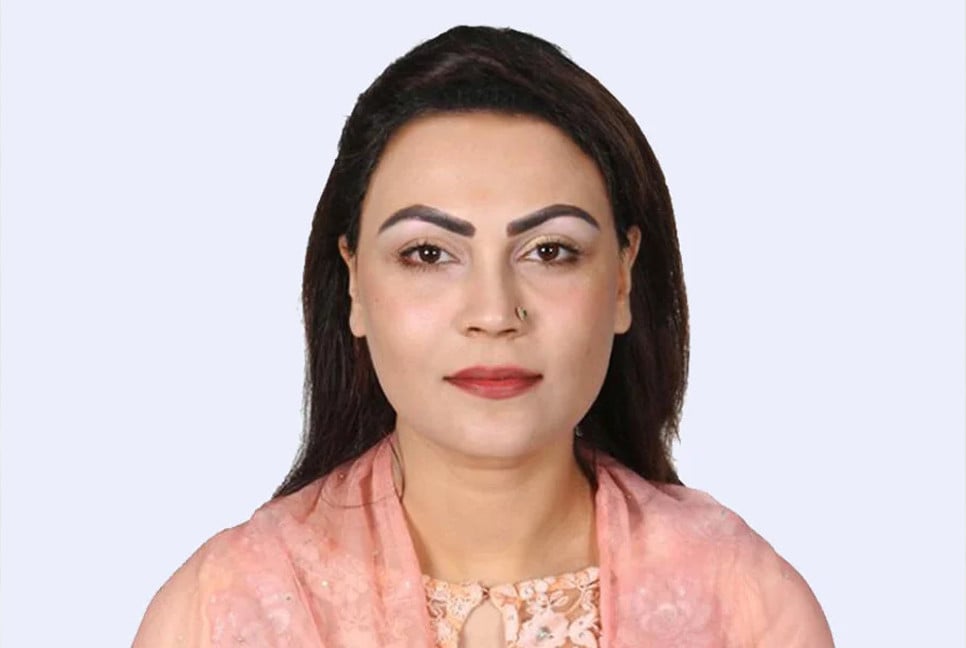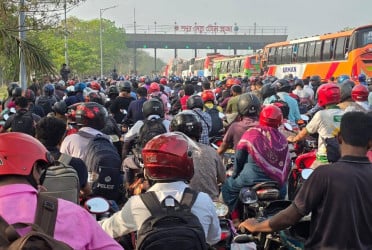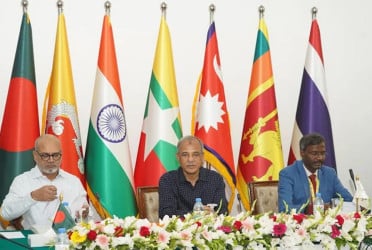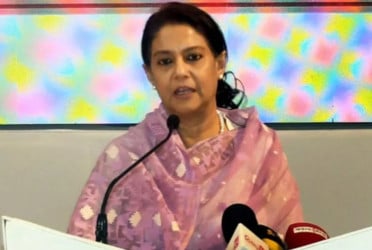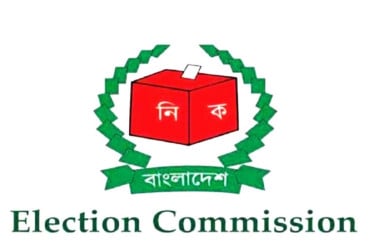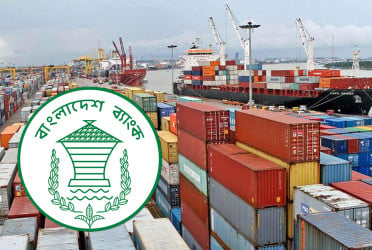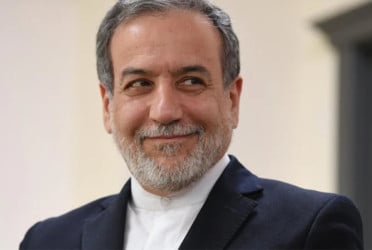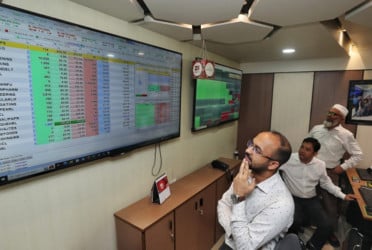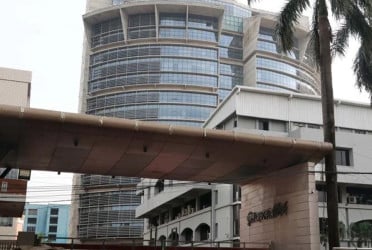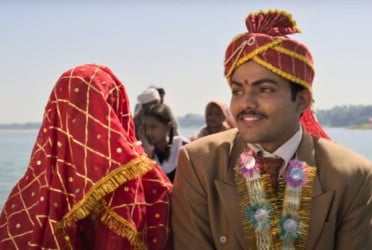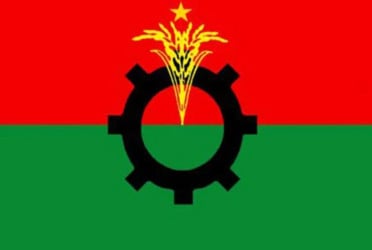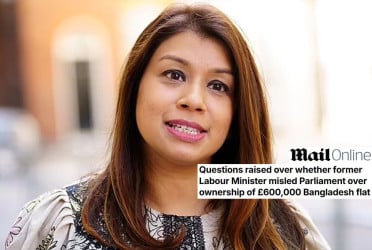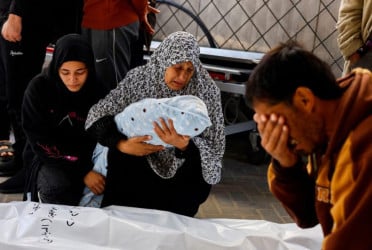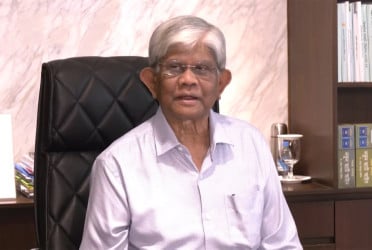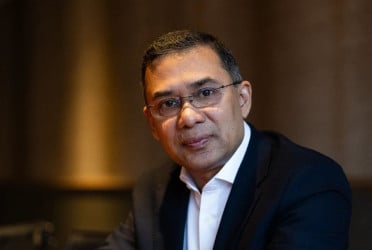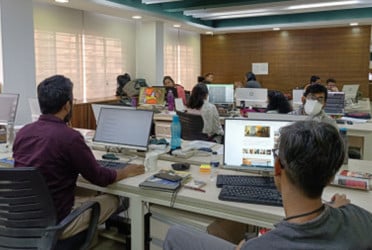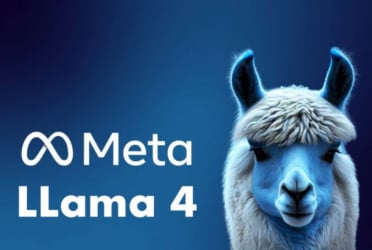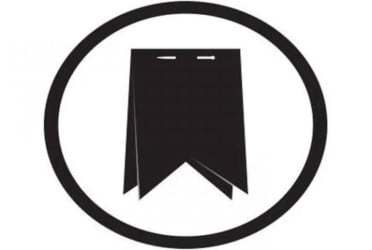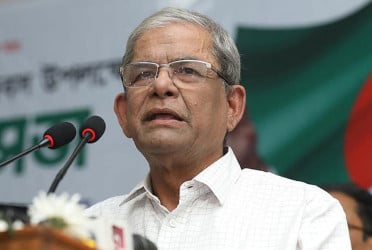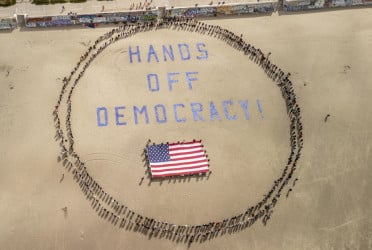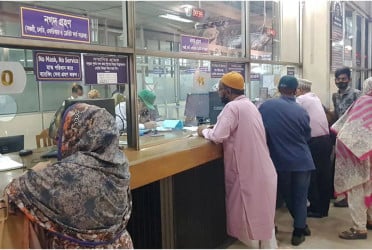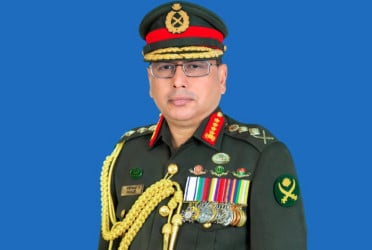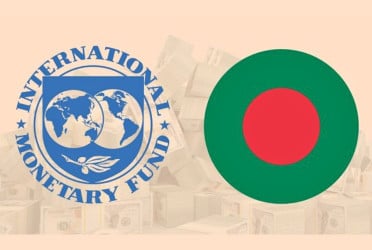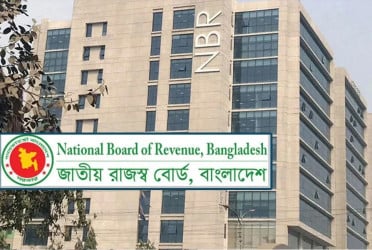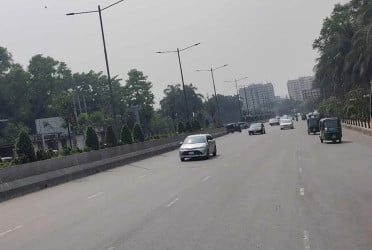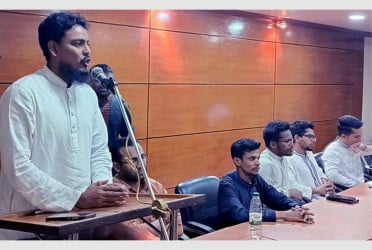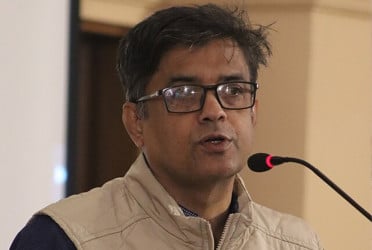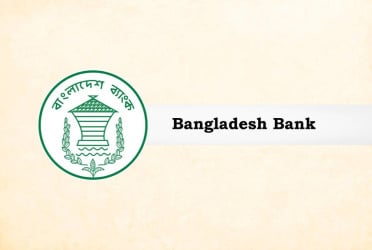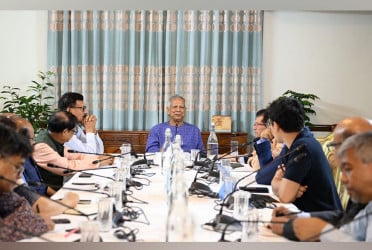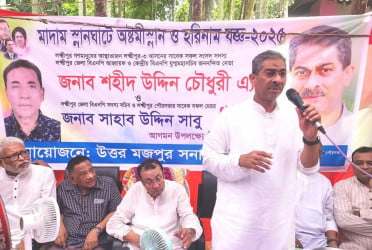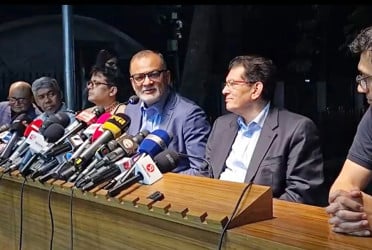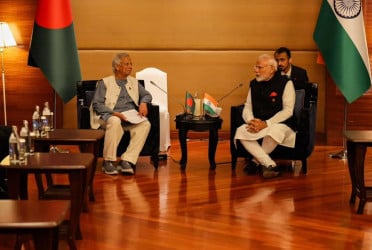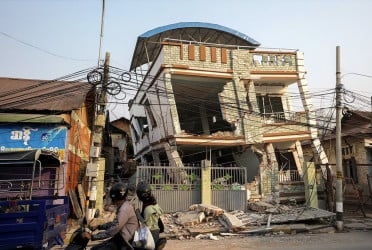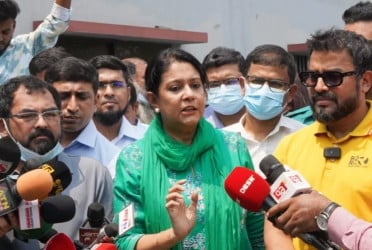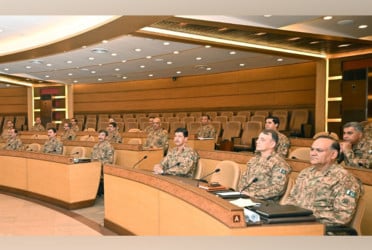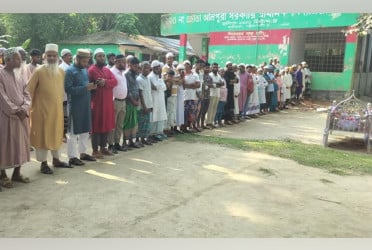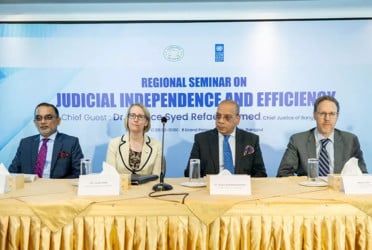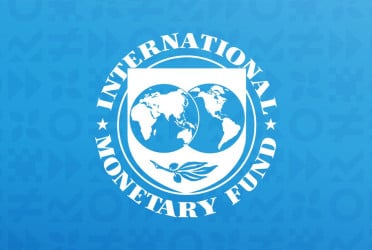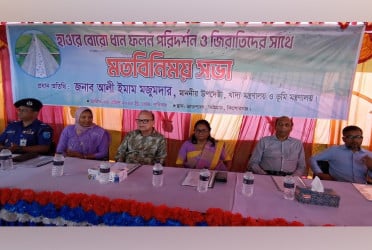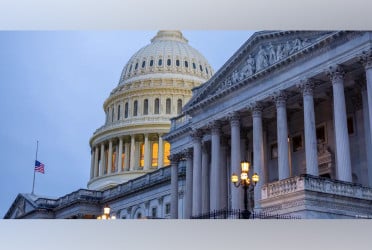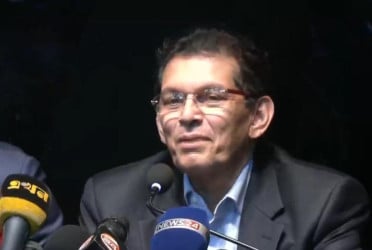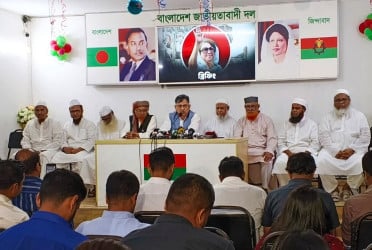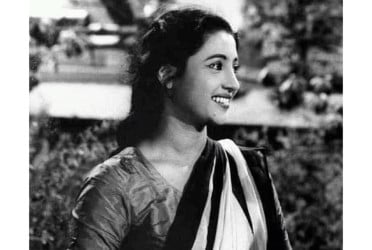Nobel laureate Dr. Muhammad Yunus is a dreamer, who likes to dream, realize it and also help others to dream. As a dreamer he’s a man of strong determination, confident and a great fighter. He’s now having the dream of building a powerful economic region consisting of Nepal, Bhutan and Seven Sisters of India. On the other hand, a group of bright dreamy young people are going to establish a political party on their own to fulfill the goal of state reform. The initiators of the new party hope that they will participate in the next elections. They will be elected in a large number of seats and form the government to change the country.
Meanwhile, Bangladesh Jamaat-e-Islami is a veteran political party. Due to the party's past activities, some of its leaders have had to be hanged. Many of them had spent their lives in prison and exile. A special group that hates Islam and beards and caps has always been active in establishing this party as a militant. Politically conscious groups are calling the upcoming party's new alliance with them a black cloud of disaster in the sky of the country.
On the night of February 16, Chief Advisor Professor Dr. Muhammad Yunus delivered a dreamy speech at the annual meeting of the Bangladesh Administrative Service Association held at China Friendship Conference Center in the capital. He said Bangladesh's future is bright because of its geographical location. If we start using it, then no one will be able to tie our economy even with chains.
Explaining the rationale for this possibility, the Chief Advisor said there is immense potential for trade with the Seven Sisters of India, Nepal and Bhutan. To our north, Nepal has huge hydropower reserves in the Himalayas. We can take that power if we want. Nepal is ready to give it. Nepal has hydropower, we have the sea. We need hydropower. Nepal needs the sea. Bhutan and the Seven Sisters of India also need the sea. We are fortunate that we have a vast sea and coast. We only need to use it properly. By maintaining good relations with our neighbors, it can be developed into a huge economic zone. They will use our sea to transport their goods through Bangladesh. The process has started. We can benefit by utilizing the advantages of our geographical location.
I had the opportunity to listen to his dreamy speech at the meeting venue. How confident and patriotic he is to have such a dream. His dream has impressed the top people at all levels of the state. That is why everyone present at the meeting greeted this dreamy international figure with thunderous applause. A dream, a determined person and the right decision at the right time can change everything. We want to change; we want to change the fate of ourselves and the country. Now we just wait for victory.
The revolutionaries are forming a new political party because they do not trust the old political parties in the country. In addition, although there is much talk about the birth of a new party, we welcome the new one. However, some unpopular truths need to be told. Many people now respect the revolutionaries. They pray for them. But it must be remembered that the existing political parties will not take the new creation lightly. This will be felt only after the party's announcement and the names of the leaders are announced. Some will testify the new party a little. Some will look at it like an elephant. They will look for the main switch of the party's backers. They will try to understand whether they are similar in action to the way some parties were born before the January 7, 2024 elections. In the next election race, they will observe with a microscope whether someone in power will try to cross them the destination by showing excessive love for the ‘children's party.’ In the political arena, they will have to face strong and experienced political parties and politicians. Politics is a little different from revolution. Those who are going to lead the new party will also have to face many difficult tests personally. All the comrades of the July Revolution battlefield will stand up as claimants to have a share of power. Some will want to be leaders; some will want to be MPs, ministers, etc. Some may even challenge the leadership. We must be ready for everything.
Jamaat-e-Islami is not a traditional political party; rather it’s a party based on religious ideology. Its policies, ideals and goals are all based on the Holy Quran and Sunnah. The matter is clear in the party's 74-page constitution. Leaders and activists at all levels of the party try to adhere to the constitution and the organization's policies as much as possible. That is why there has been no public fight over party positions anywhere so far. But in the past, as a result of some of the party's decisions, party leaders have had to hang themselves. The country has also had to pay an extreme price. Now, let’s see whether the party is moving towards another wrong decision. Sheikh Mujibur Rahman formed his own party, the Awami League, and banned all parties, including the Awami League, from politics while in power. Later, due to the introduction of multi-party democracy by President Ziaur Rahman, Jamaat-e-Islami and Awami League got the opportunity to engage in politics again. Jamaat-e-Islami not only got the opportunity to engage in politics, but the party's leader, Professor Ghulam Azam, also got the opportunity to return to Bangladesh from Pakistan. That is why the BNP and Jamaat-e-Islami had a sweet relationship. After Ziaur Rahman was martyred, the BNP-Jamaat relationship was strong on various political issues, especially in the anti-Ershad movement. Based on that relationship, BNP formed the government in the February 27, 1991 elections. On December 29 of that year, Professor Ghulam Azam was re-elected as the Ameer of Jamaat-e-Islami. When he was elected as the Ameer of the party, he was a Pakistani citizen. A movement started against him on charges of war crimes and Pakistani citizenship. At one stage, on January 19, 1992, the 101-member Ghatak Dalal Nirmul Committee (Ghadanic) was formed under the leadership of Jahanara Imam. Due to Ghadanic's movement and pressure, the then BNP government was forced to arrest Professor Ghulam Azam under the 'Foreigners Act' on the night of March 24, 1992. The BNP government's intention was for Ghulam Azam to regain his citizenship through legal process. But after the arrest of the Ameer, Jamaat's relationship with BNP broke down. The rift widened to such an extent that Jamaat took a hard line by cutting its own nose to spite others. It united with the Awami League and its allies on the issue of the caretaker government. Finding an opportunity, the power-hungry Sheikh Hasina established good relations with Jamaat as a strategic ally in the elections. Finally, with the strategic support of Jamaat, the Awami League won the June 12, 1996 elections. Sheikh Hasina's accession to power was not only the Awami League's, but Jamaat-e-Islami also claimed that achievement at that time. After returning to power after 21 years, the Awami League strengthened its foundation. Political analysts believe that if the Awami League had not won this election, the party would have ended up like the Muslim League due to various internal conflicts after the election.
Then, forgetting her pride and arrogance, BNP leader Begum Khaleda Zia started a new journey with Jamaat, keeping the eighth national parliament election in the vission. BNP won the election held on October 1, 2001. The then BNP formed the government and gave Jamaat two ministerial posts as a share of power. One was to the then Ameer of the party, Matiur Rahman Nizami, and the other was to secretary general Ali Ahsan Mohammad Mujahid.
Then the caretaker government movement started again. The consequence of that movement was the 'One-Eleven’ due to the 'minus two' conspiracy committed by a group of people. After taking power, the military-controlled caretaker government was forced to hold elections after two years, using various excuses. In that election, BNP leader Begum Khaleda Zia took a strong stand against participating. But the clever people of One-Eleven were able to understand that the elections would not be meaningful if BNP could not be brought to the elections. That is why the two much-discussed army officers were active with special assignments from the government. To put pressure on BNP, they prepared a fake survey report. A national daily published lead news that BNP would win by a huge margin based on that fake survey. But Begum Khaleda Zia knew about this news in advance. That is why she did not agree to participate in the conspiracy election. At one stage, they relied on Jamaat’s decision. On the day the news of the fake survey was published, the party's then secretary general Ali Ahsan Muhammad Mujahid met Begum Khaleda Zia with a copy of the newspaper. After exchanging pleasantries, he raised the issue of the election. Begum Zia then directly said that she would not participate in the conspiracy elections. Then Mujahid handed the newspaper to Begum Zia and said, “Look at the news. If you participate in the election, BNP will win by a huge margin.” Begum Zia smiled naturally and said, “I know all the news about who conducted that survey. I also have a copy of this survey. There is no point in putting pressure on me by printing this news. I won’t go to the election of conspiracy.' In response, Mujahid, somewhat angry, said, “Even if you don’t go to the election, we will do it.” In response, Begum Zia expressed her anger and said, “You can go. If I go to this election, I will get 30 seats and you will get 3 seats. I have all the information.” Then, under various pressures, Begum Zia was forced to participate in the election, and the election results were worse than what she had told Ali Ahsan Mujahid.
The Awami League came to power again in the conspiratorial elections and established fascism throughout the country until August 5, 2024. During this period, some leaders of Jamaat and BNP were hanged on charges of murdering Sheikh Mujib and committing war crimes. Political analysts believe that if Jamaat had not been an ally of the Awami League in the 1996 elections, Sheikh Hasina would not have been able to come to power. If Jamaat had not put pressure on Khaleda Zia during the One-Eleven, she might not have gone to the elections. And if she didn’t participated in the elections, Sheikh Hasina would not have been able to come to power again. If Sheikh Hasina had not come to power, Jamaat leaders might not have had to be hanged.
In the past 53 years, Jamaat has been banned twice in Bangladeshi politics. Once it was banned by Sheikh Mujib, and after that Mujib's daughter Sheikh Hasina banned it on August 1, 2024. After Sheikh Hasina came to power in the 2009 elections, she has made various attempts to establish Jamaat as a militant in the last 15 years. A media group that invented the ‘minus two formula’ in 1/11 has continuously added fuel to the fire of this evil attempt by the dictator Sheikh Hasina. Suddenly, Jamaat's friendship with that group is creating concern in the conscious circles. It is giving rise to various questions. Various things are going around here and there. To say it directly, those who wanted to implement ‘minus two’ during the time of 1/11, now want to ‘minus BNP’ according to their new agenda. Has that anti-national circle extended a hand of friendship towards Jamaat with the aim of implementing the new agenda? Is Jamaat also joining hands with their eternal enemy— a special circle that hates Islam and beards and caps in the same agenda? If the answer to both questions is 'yes', then it will be bad news for everyone.
(The writer is the executive editor of The Bangladesh Pratidin)

